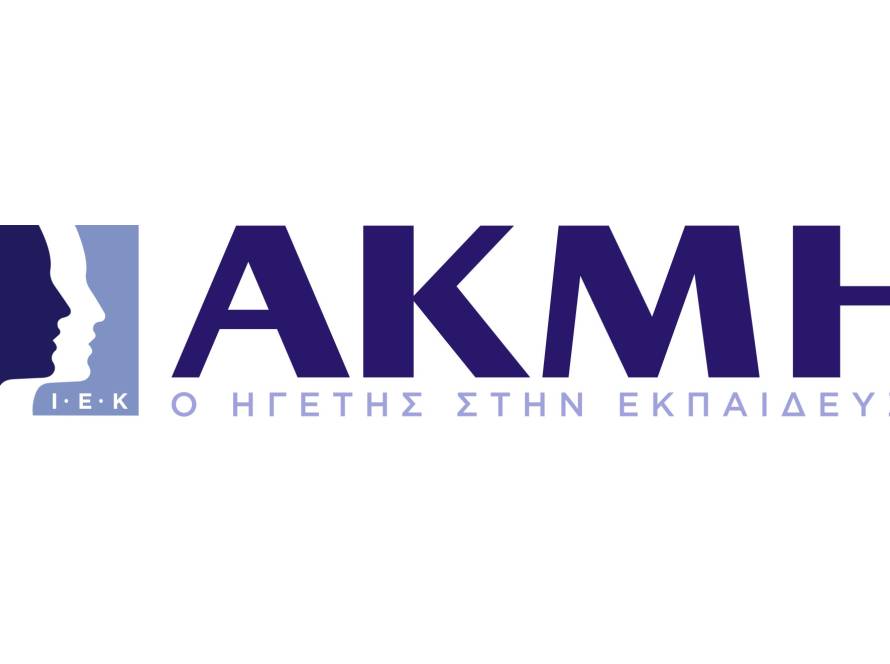The concept of a circular economy is gaining popularity as the world faces increasing environmental challenges. In response, many businesses and organizations are adopting circular economy principles, such as reducing waste and recycling materials to create a more sustainable future. However, in order for the circular economy to truly take hold, it is essential to embed these principles into our education system. This is particularly true in vocational education and training (VET), where students can gain practical skills that will be invaluable in a circular economy.
Anchoring social circular economy attitudes in VET is an important step towards creating a more sustainable future. This involves not only teaching the principles of the circular economy but also emphasizing the social aspects of sustainability, such as promoting inclusion and addressing social inequality. In order to achieve this, VET institutions need to adopt a multidisciplinary approach, bringing together experts from different fields to create a comprehensive curriculum. This can include courses on sustainable design, waste management, and resource efficiency, as well as subjects such as social entrepreneurship and community development. Furthermore, it is important for VET institutions to collaborate with industry partners and social enterprises to provide students with practical experience and real-world examples of circular economy principles in action. This can involve internships, work-based learning opportunities, and projects that involve working with local communities and businesses.
Aligned to the aforementioned. The SCE-VET partnership proceeded to the implementation of the online SCE Network Platform that can facilitate the collaboration between VET institutions, industry partners, social enterprises, and local communities. By connecting educators and students with a diverse range of stakeholders, the network provides opportunities to share knowledge and best practices, as well as to identify new areas for collaboration and innovation. The inclusion of two best practices per partner country on the network will offer potential for engagement with new contacts and the broadening of the network. The target group of teachers and students in both secondary VET level institutions and higher education is crucial, as they are the future workforce who will shape the circular economy. However, it is important to note that the secondary target groups of social enterprise and local stakeholders involved in supporting inclusion are equally significant, as they can provide valuable insights and perspectives on the social aspects of sustainability. By engaging with these stakeholders, VET institutions can ensure that their curriculum is not only environmentally sustainable but also socially inclusive.
In conclusion the SCE Network Platform aims to create a positive impact by linking the principles of circular economy with social entrepreneurship. By developing a digital experience platform, the project partners seek to inspire people to rethink, redesign, and pursue a sustainable future. The platform will offer potential for engaging new contacts, broadening the network, and sharing experiences and show cases of results. Its impact is expected to better align social needs with the opportunities offered by the labor market, increase synergies between different sectors of education and training, and enhance digital competence and employability skills. The transferability potential of this network platform is also significant, as it can be used to create new inter-regional and transnational cooperation, boost positive attitudes towards the European project and EU values, and increase motivation for SCE learning through innovative teaching methods.



